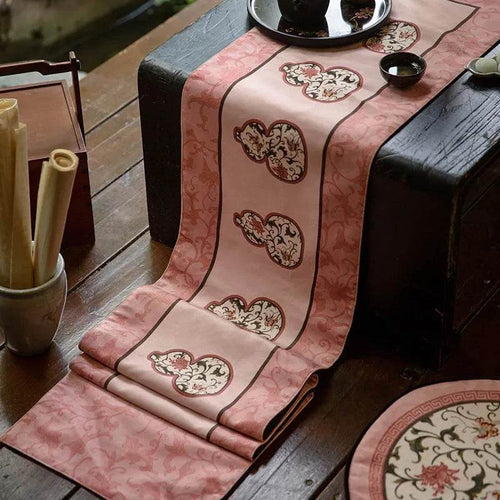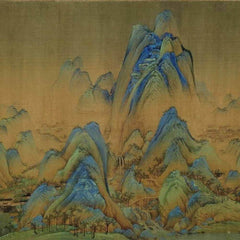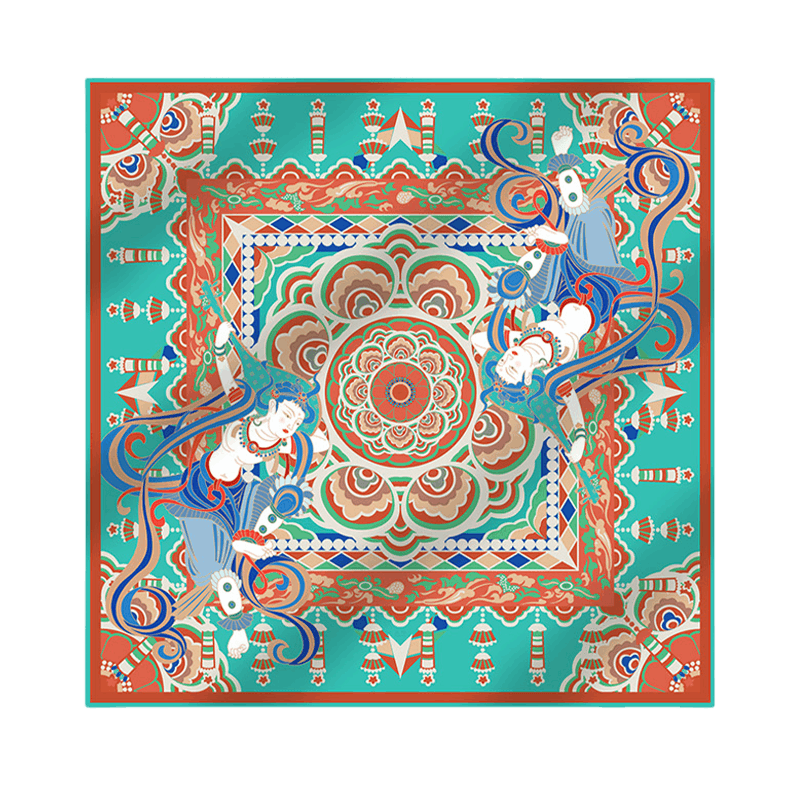China’s ancient calendar, the 24 Solar Terms, is a masterpiece of timekeeping and agricultural wisdom, dividing the year into 24 segments that mark changes in climate and natural phenomena. Among these, Yushui (Rain Water), the second solar term, holds profound cultural and practical significance. Falling around February 18-20 each year, Yushui signals the end of winter’s harsh grip and the arrival of early spring, with increased rainfall nurturing life and growth.
What is Yushui?
Yushui (雨水), which translates to “Rain Water,” follows Lichun (the Beginning of Spring) in the 24 Solar Terms. It marks a period when temperatures begin to rise, ice and snow melt, and precipitation increases, providing the moisture needed for agricultural activities. This solar term is a pivotal time for farmers to prepare for the growing season, as rainwater rejuvenates the earth and awakens dormant seeds.
In ancient China, Yushui was also an important period for observing changes in nature. Animals emerge from hibernation, rivers flow more vigorously, and buds begin to sprout on trees, signaling the renewal of life.
The Origins and Significance of Yushui
The 24 Solar Terms originated during the Warring States Period and were refined during the Han Dynasty. Based on observations of the sun’s movement along the ecliptic, these terms reflect the rhythms of nature and the agricultural calendar.
Yushui holds great significance because:
·It Reflects Harmony with Nature: The increase in rain symbolizes nature’s gentle transition into spring, fostering balance and growth.
·It Marks the Start of Farming Activities: Farmers use this time to plow fields, sow seeds, and fertilize the soil, guided by the belief that “spring rain is as precious as oil.”
·It Inspires Poetry and Art: Yushui has inspired countless Chinese poets and artists, who celebrate the beauty of spring rain and its nurturing role in life’s cycle.

Cultural Traditions and Customs of Yushui
Yushui is not just a time for observing nature; it also carries rich cultural traditions and practices that vary across regions. Here are some key customs associated with this solar term:
1. Offering Sacrifices to the God of Rain
In ancient times, people believed that rainfall was controlled by the God of Rain. During Yushui, rituals were held to pray for timely and adequate rain, ensuring a bountiful harvest. Offerings included grains, fruits, and sometimes livestock, reflecting gratitude and hope for agricultural prosperity.
2. Spring Farming Preparations
Yushui is a crucial time for farmers to prepare for the busy planting season. Activities include plowing fields, sowing early crops, and maintaining irrigation systems. Farmers closely observe the weather patterns during this period, as timely rain is critical for crop growth.
3. Drinking “Rain Water Tea”
In some regions, people collect the first rainwater of Yushui to brew tea. This tradition symbolizes purity and renewal, as rainwater is considered to have the essence of spring. The tea is shared with family and friends, expressing wishes for health and harmony.
4. Eating Seasonal Foods
Dietary practices during Yushui emphasize seasonal ingredients that support health during the transitional period from winter to spring. Popular foods include:
·Leeks: Believed to warm the body and prevent colds.
·Spinach: A source of fresh greens to nourish the body after winter.
·Fish: Symbolizing abundance and prosperity.

Famous Yushui Sayings
The wisdom of Yushui is captured in traditional proverbs and folk expressions that reflect its agricultural and cultural significance:
·雨水日晴,春雨发得早 (“If Yushui is sunny, spring rains will come early”): This saying emphasizes the link between Yushui weather and the upcoming rainy season.
·春雨贵如油 (“Spring rain is as precious as oil”): This highlights the vital role of rain in ensuring agricultural productivity.
Yushui in Modern Life
While ancient agricultural practices have evolved, the essence of Yushui remains relevant in contemporary China. It serves as a reminder to align with the natural world and adapt to seasonal changes in diet, lifestyle, and activities.
1. Urban Gardening and Green Living
In urban areas, Yushui inspires people to engage in gardening and environmental awareness. Planting flowers, herbs, or small vegetable gardens during this time connects city dwellers with nature.

2. Seasonal Health Practices
Traditional Chinese Medicine (TCM) emphasizes adjusting to seasonal changes during Yushui. The focus is on maintaining a balance of yin and yang by eating lighter, moisture-rich foods and engaging in moderate exercise. Practices like tai chi and qigong are popular for promoting harmony with nature.
3. Poetry and Cultural Celebrations
Yushui continues to inspire artistic expression, with schools and cultural organizations hosting poetry readings, painting exhibitions, and calligraphy contests celebrating the beauty of spring rain.
Conclusion

Yushui, the Rain Water solar term, is a celebration of nature’s renewal and a vital marker in China’s agricultural calendar. It reminds us of the deep connection between human life and the natural world, encouraging harmony, preparation, and gratitude for the gifts of spring.
As you experience Yushui, take a moment to feel the rhythm of nature and appreciate the rain that nurtures life. Like the gentle spring showers, let this solar term inspire growth, renewal, and prosperity in your own journey.







































